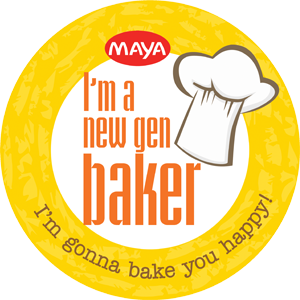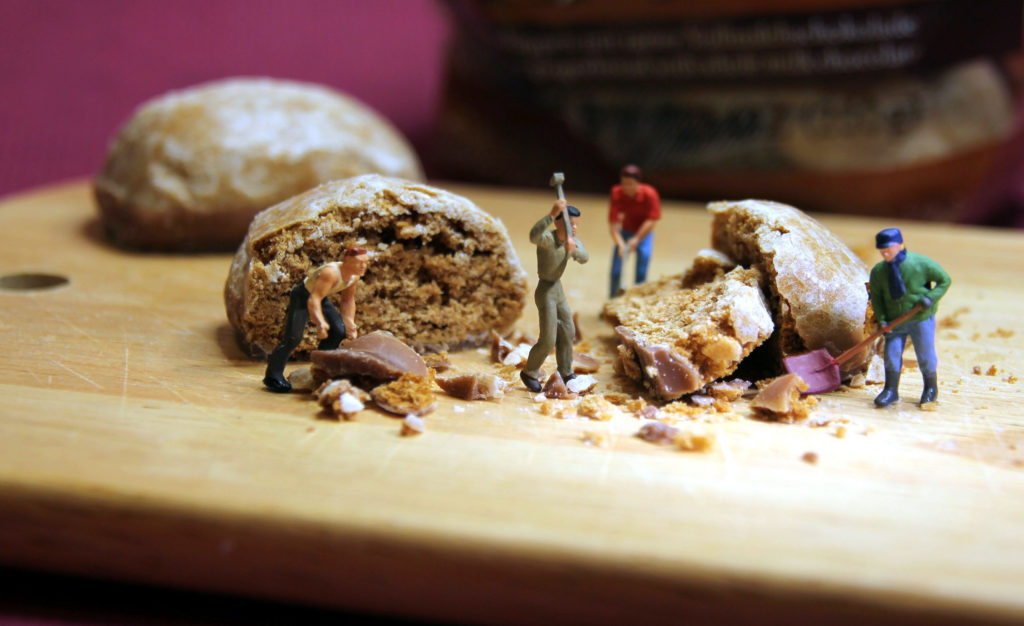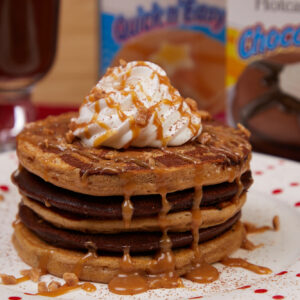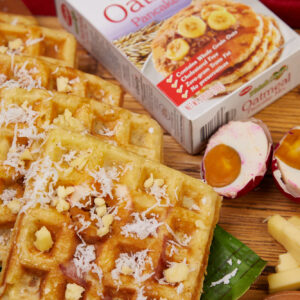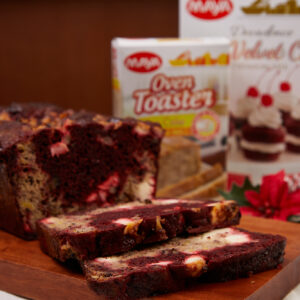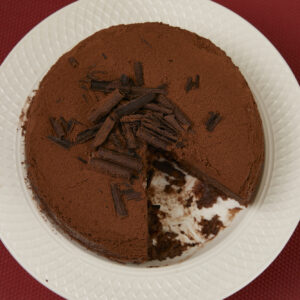Like all food items, baked goods have a shelf life. While it might be tempting to finish off some leftover cake, it’s always a good idea to be cautious. Spoiled cake, cookies, or pastries can leave you with an upset stomach, or worse, a bad case of food poisoning.
In this post, we detail what you need to know when it comes to the shelf life of your favorite baked treats and some tips on how to prolong them.
The Shelf Life of Cake
Let’s start with the cake that has an unusually long shelf life: fruitcake! This is an excellent way to illustrate what makes a baked good last longer.
Many swear that the longer you wait to eat fruitcake, the better it tastes. But why? Fruitcake contains dried fruit, which has been preserved by sugar. It’s also usually drenched in alcohol like rum or brandy, which acts as a preservative. While some claim that fruitcake lasts for years, it’s always safer to eat it as soon as possible. If you plan on saving it for a later date, make sure to store it in the refrigerator.
Factors to Consider
There are several factors you need to consider when it comes to the shelf life of cake. The first is preservatives. Some commercial cakes sold in grocery stores contain these to increase their longevity. Unlike fruitcake, these may include the synthetic variety. But when you bake your own at home, these don’t come into the picture.
The second factor is the shelf life of the raw ingredients used. If you’re using dairy products like butter, and especially cream and milk, your cake is going to spoil sooner than later.
The way you store your cake also plays a significant role . We’ll tackle the best ways to do so in another section.
Here’s are some rules of thumb to take note of:
- If you store home-baked cakes in a non-refrigerated area, it will last for one to two days. In the refrigerator, it will keep for up to four days. If you store it in the freezer, it remains edible for up to four months.
- Cakes that contain fresh fruit keep for up to two days in the refrigerator and last up to four months in a freezer. Under no circumstances should you leave a cake with fresh fruit unrefrigerated. Otherwise, consume it within the day.
- Cakes containing whipped cream need to be refrigerated and will last up to two days. Forget about storing it in your pantry. It will spoil immediately. As for the freezer, it may last longer, but you’ll be left with thawed watery cream.
Note that these are just estimates. If your cake looks, tastes, or has a different texture, the safest bet is to dispose of it immediately.
The Shelf Life of Cookies & Bread
How can you tell if cookies are spoiled? The first thing to check for is how they feel. Have your soft, chewy cookies hardened? Or have your crunchy cookies gone soft? These are indicators of whether they are still good to eat.
With any baked good, consider all the ingredients and know their expiry dates. Then, take note of the ingredient which expires first. That’s about how long your cookies will last.
The shelf life of home-baked bread, on the other hand, depends mostly on storage. If you store it unrefrigerated, it will naturally go bad faster. Many prefer their bread at room temperature, which unfortunately, in a tropical country like ours, can be quite extreme. If you want your bread to last, store it in the refrigerator for up to five days and in the freezer for up to half a year. Again, how you store your bread can make all the difference in its shelf life.
When bread spoils, you’ll know immediately. Aside from having a hardened loaf, it may taste rancid , or worse, have the tell-tale signs of mold, such as black or green spots. If you spot any of these, dispose of your bread immediately. Mold can cause violent allergic reactions, including vomiting.
How to Store Baked Goods for Better Shelf Life
How long baked goods last depend on how well you store them. This goes for yummies from the neighborhood bakery, packaged and frozen cakes from the grocery, or goodies made at home with your own hands.
Cling wrap is your friend, and so are airtight and freezer-safe containers. This will protect your baked goods from air and moisture, which speed up the decomposition process.
Cookies, for instance, are best stored in air-tight tins. There is no need to refrigerate them, although storing them in the freezer can help them keep for longer.
When it comes to cake, wrap it in either cling wrap or store in an air-tight container. You can even do both for good measure. This will keep your cake free of air and bacteria. This holds true whether you’re storing it in the refrigerator, freezer, or kitchen counter.
Things get a bit trickier when it comes to bread. Never wrap a loaf fresh from the oven since the heat will promote the growth of mold. Make sure your storage containers seal properly, and if you see any moisture spots on the containers, wipe them off with a clean paper towel right away. Otherwise, “Hello mold. Goodbye, bread.”
We hope you found this post useful. If you did, share it with your fellow bakers!
